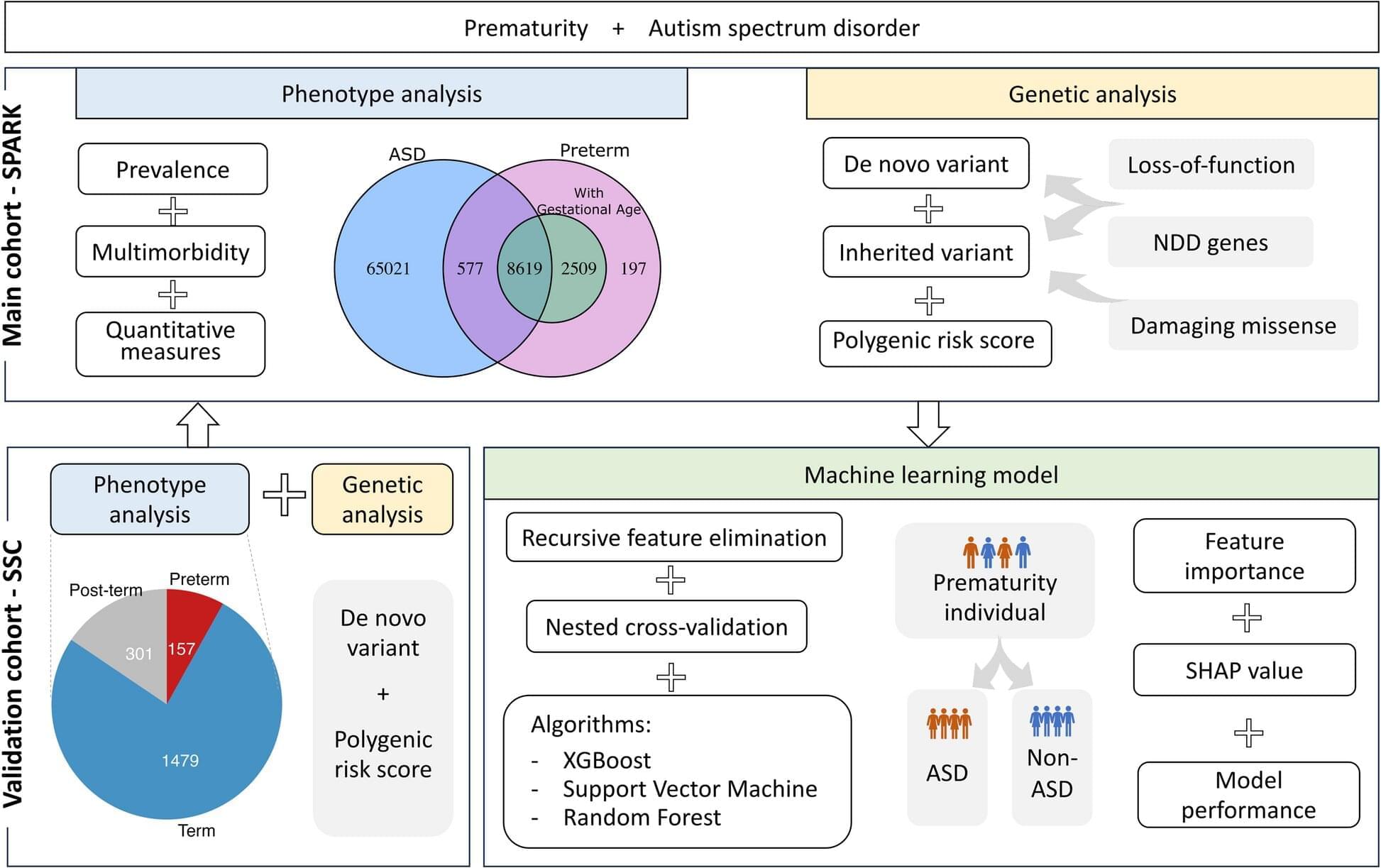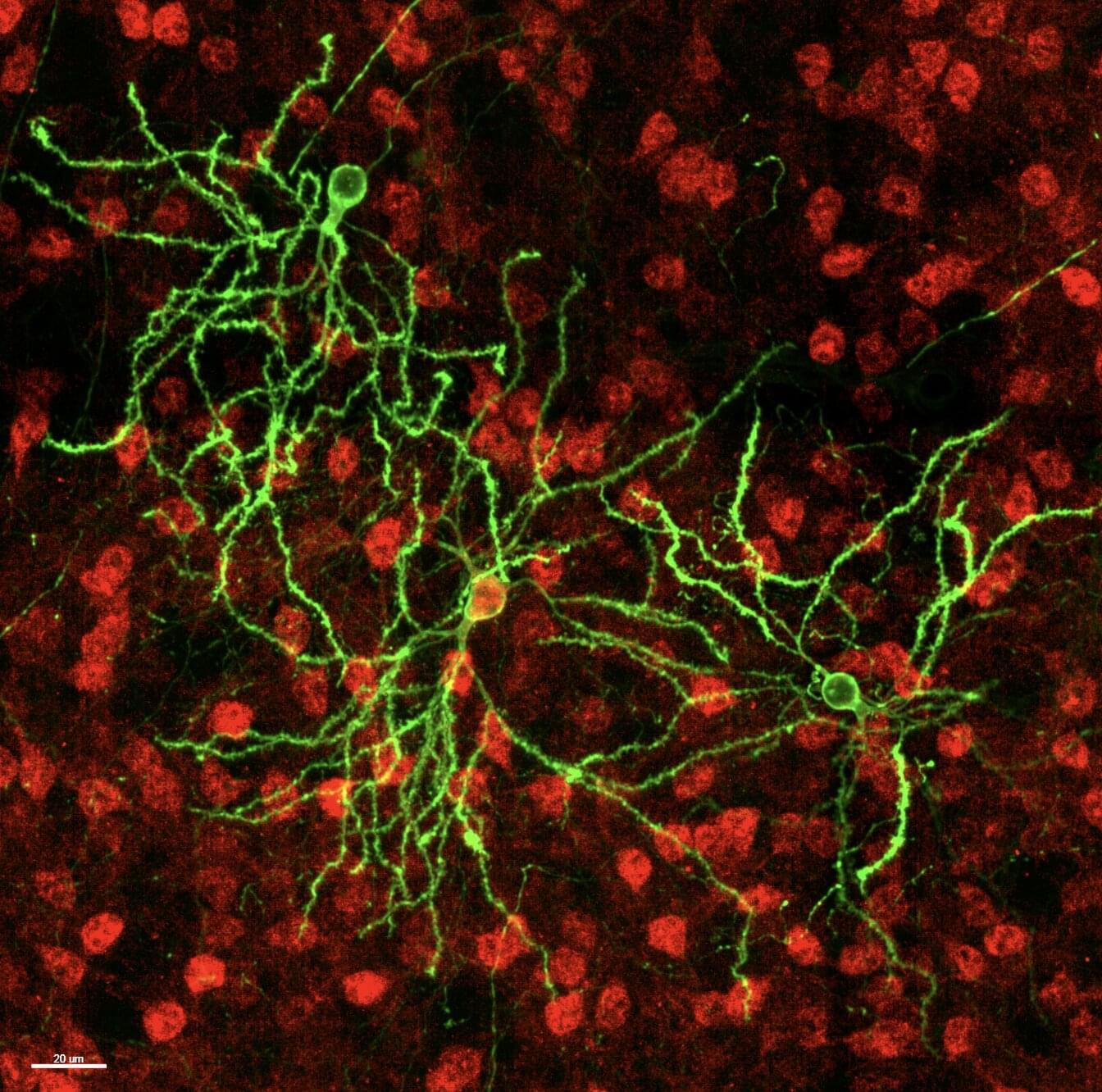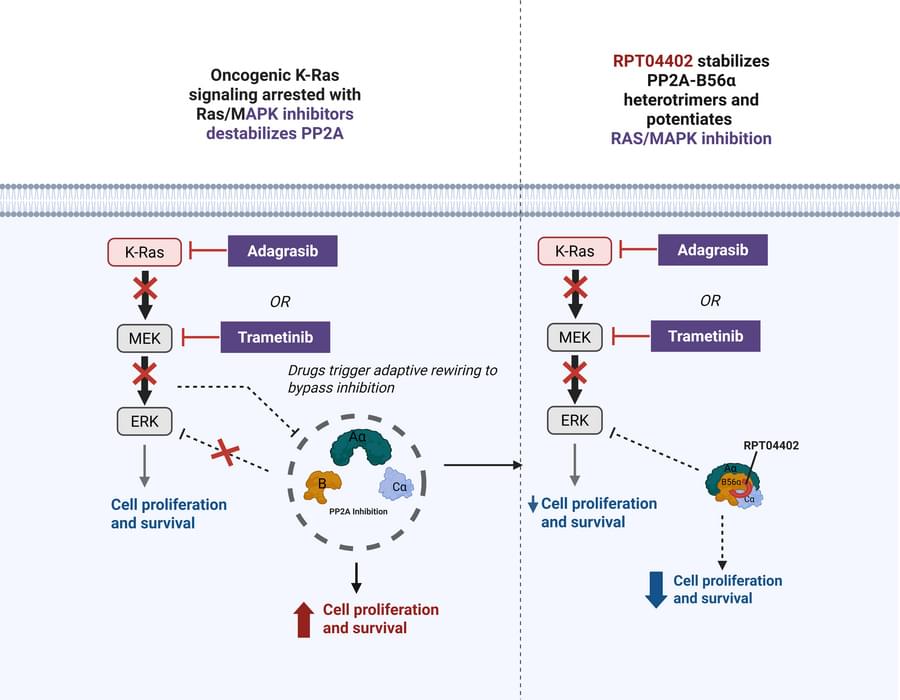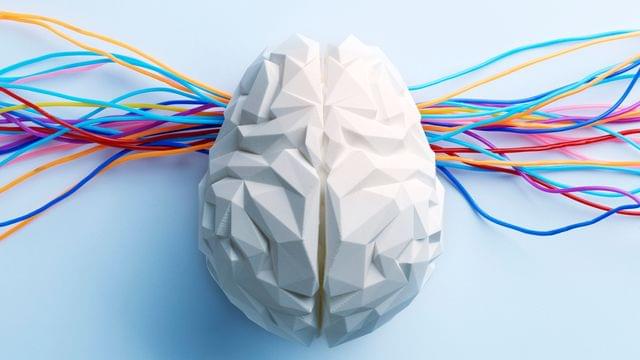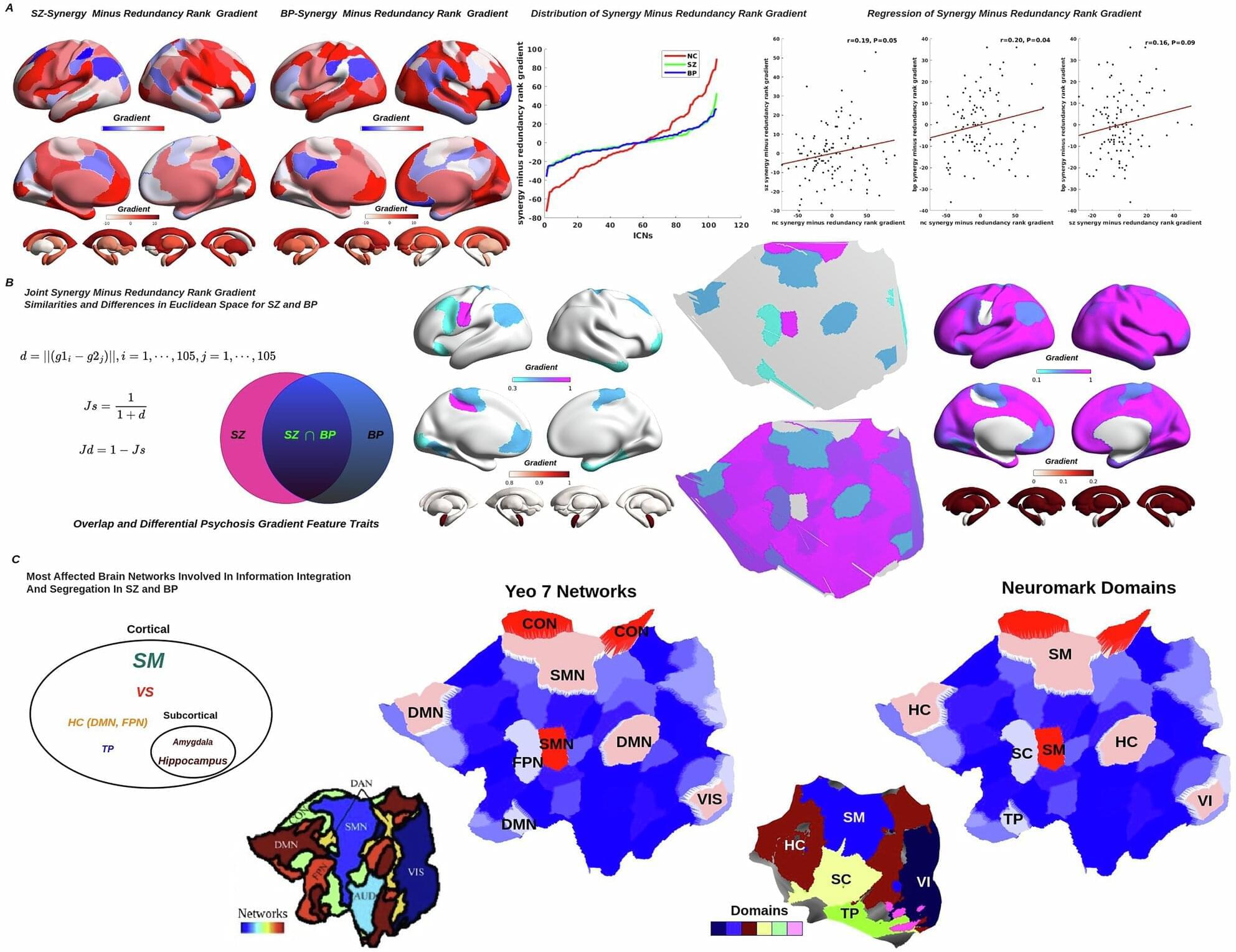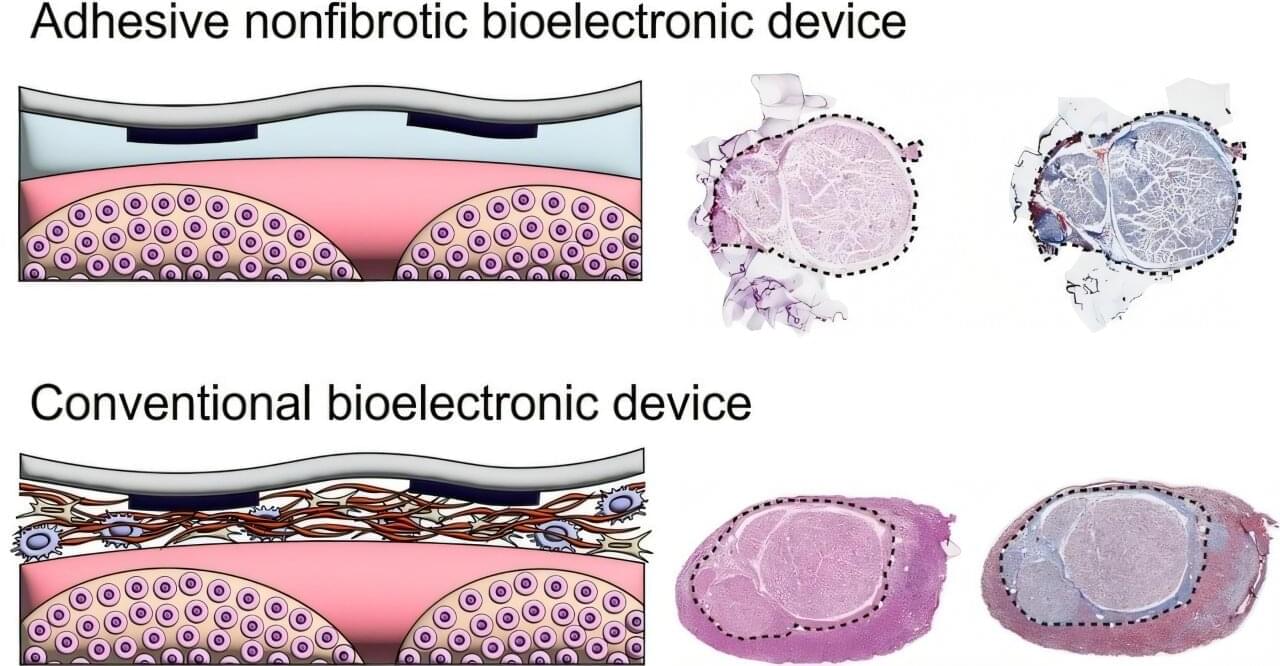A new study shows that children born preterm who are later diagnosed with autism often present with more extensive support needs and a higher number of co-occurring conditions than autistic children born at full term. Surprisingly, however, the researchers found no differences in genetic variants across the genome, nor in specific genes already linked to autism, between the groups—a result that contradicted their initial hypothesis.
The study was conducted at KIND (Center of Neurodevelopmental Disorders at Karolinska Institutet) and published in October 2025 in the journal Genome Medicine.
“We did not observe any genetic differences between preterm and full-term autistic children, which was unexpected. We initially thought that preterm children might show fewer of the genetic factors associated with autism, as their early birth can be viewed as an environmental factor,” says Yali Zhang, doctoral student at Tammimies research group at KIND and first author of the study.
